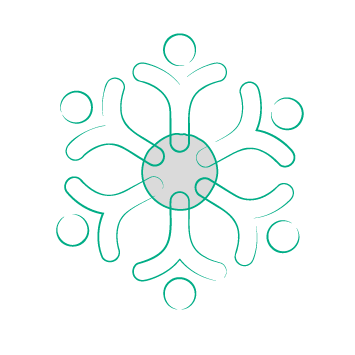
In a year that saw access to reproductive health services diminish due to COVID-19 and associated restrictions, International Women’s Day 2021 provided a welcome opportunity to reflect on, learn about and advocate for important women’s health topics, including access to safe abortion. Unsafe abortion remains a huge cause of preventable maternal mortality and morbidity.
On 18th March 2021, FIGO – in collaboration with the Centre for Reproductive Rights and Ipas – organised a discussion on ‘Access to medical abortion and self –managed abortion.
The COVID-19 pandemic has disproportionately impacted women and girls around the world, in part due to temporary restrictions placed on abortion services in some countries. The rapid adoption of technology in health and care services during the COVID-19 pandemic, meanwhile, has enhanced its potential in providing effective and efficient health care, in particular to those in underserved communities.
Every four years, the USA has a democratic transition of leadership determined by its people. As the transition occurs, so potentially does the government’s position on a host of scientific, cultural, social and health decisions that impact not only the USA, but the world.
Half a million women and girls undergo unsafe abortions every year in Argentina. Unsafe abortions have been a major contributor to maternal mortality in the country, with 14% of maternal deaths accounted for by unsafe abortion. FIGO is delighted that, on 30 December 2020, abortion up to 14 weeks of pregnancy was legalised in Argentina. Argentina has joined Guyana and Uruguay as one of just a few South American countries that have legalised abortion – an important element of universal health care and reproductive health for women around the world.
September 28th 2020 International Safe Abortion Campaign
28 September 2020: on the 100th anniversary of the first law to legalise access to abortion, FIGO stands in solidarity with the international safe abortion campaign calls to strengthen access to telemedicine/self-managed abortion.
In recent months Alexandra Kollontai’s name has been shared within the reproductive rights community. It was Kollontai’s visionary leadership that led to Russia being the first country in the world to legalise abortion in 1920.
FIGO regards reproductive choice, including access to safe abortion services, as a basic and non-negotiable tool for ensuring the human rights of every woman, not just in one region or country, but globally.
Being able to control one’s fertility and to make choices about pregnancy and childbearing is fundamental to wider efforts on gender equality, physical and mental health and prosperity. Women will not be equal until they can control if, when and how many children they have, which requires access to safe abortion.
Head over to our dedicated International Safe Abortion Day page HERE for more content just like this!
Zambian Youth DJs spin and OB-GYNs and stand in solidarity with women and girls - the International Safe Abortion Day (28th September)
FIGO’s Advocating for Safe Abortion Project (ASAP) - celebrating achievements and transforming COVID-19 into an opportunity.
While the spread of COVID-19 is indiscriminate, mounting evidence has revealed that COVID-19 has further compounded existing inequalities putting already marginalised women and girls, often with weaker access to political and economic power, at greater risk, not only to the coronavirus but also to the direct and indirect consequences of lock-down.